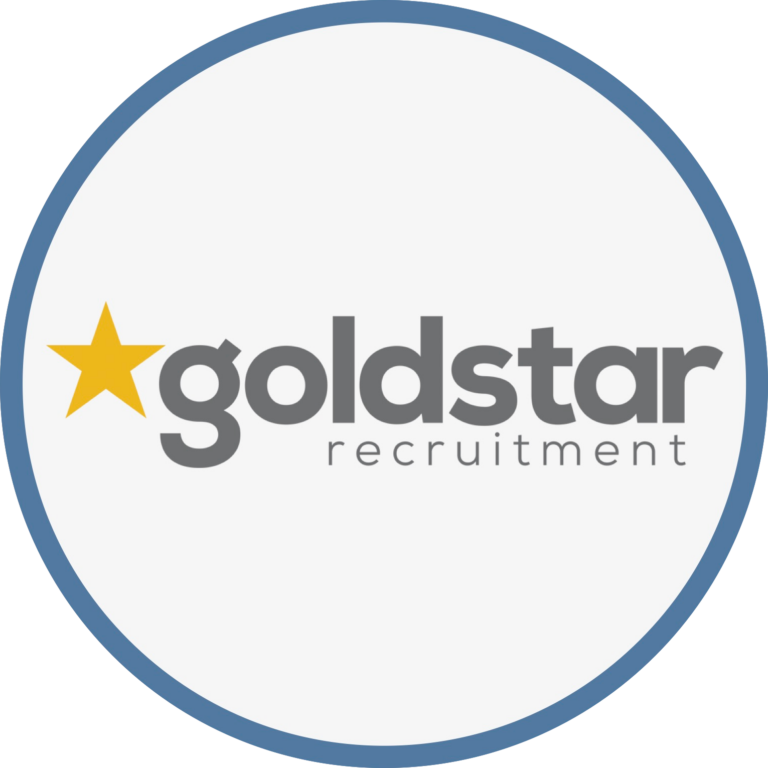Top Hospitality Job Roles in Demand for 2025

The hospitality industry thrives, with a steady demand for skilled professionals across various job roles. As we look ahead to 2025, several positions are in high demand, driven by the industry’s growth and evolving customer expectations. This article explores the critical hospitality roles that will dominate the sector and the qualifications needed to succeed in these careers.
Key Hospitality Job Roles in Demand for Future
The hospitality industry is evolving rapidly, with specific roles emerging that are critical to meeting growing customer expectations and the sector’s expansion. As businesses prepare for 2025, understanding which job roles are in high demand can help job seekers and employers. From chefs crafting culinary masterpieces to hotel managers ensuring smooth operations, these positions are essential to the industry’s success. Below, we explore the most sought-after roles, their importance, and the skills needed to thrive in each.
Chefs and Cooks: The Backbone of the Hospitality Industry
In 2025, chefs and cooks will remain at the forefront of the hospitality industry. As restaurants, hotels, and catering services grow, the need for talented culinary professionals increases. Skilled chefs not only prepare delicious meals but also innovate new dishes, maintain kitchen safety, and ensure consistent food quality. There is a shortage of chefs in the industry, so quality chefs are commanding higher wages and taking their pick with the best employers.
Recommended Skills and Training:
- Qualifications: NVQ in Professional Cookery, City & Guilds Diploma in Culinary Arts.
- Certifications: Food safety and hygiene certifications, as well as Allergen training.
- Skills: Creativity, attention to detail, and strong organisational skills.
Career opportunities for chefs are diverse, with advancement to positions such as head chef, executive chef, or even owning a restaurant. For those looking to break into the industry, apprenticeships and internships provide valuable hands-on experience. The availability of temporary and seasonal roles for chefs also means they can quickly gain experience in various establishments.
Hotel Management: Leaders of Operations
Hotel management is another critical role that will see increased demand in the coming years. With the rise in global tourism and luxury accommodations, hotel managers are needed to oversee day-to-day operations, including guest services, marketing, staffing, and financial management.
Recommended Skills and Training:
- Qualifications: Degree in Hospitality Management, Business Administration, or Tourism.
- Skills: Leadership, problem-solving, customer service, and financial acumen.
- Certifications: Certified Hotel Administrator (CHA) or similar hospitality certifications.
Hotel managers can progress to general manager or regional manager roles. Aspiring managers should seek experience in various hospitality functions, as understanding different departments is key to effective management. It is one of those hospitality job roles that can also be attained through experience and proving your results. Two ways are through the Food & Beverage route for F&B-led properties or the Front of House route, which is excellent for rooms-led businesses.
Event Planners: Creating Memorable Experiences
Event planning is a fast-growing sector within hospitality. Whether it’s organising weddings, corporate events, or large-scale conferences, skilled event planners are essential for ensuring these occasions run smoothly. In 2025, demand for event planners is expected to increase as both private and corporate clients seek professional assistance to manage the logistics of their events.
Recommended Skills and Training:
- Qualifications: Degrees or diplomas in Event Management, Hospitality, or Public Relations.
- Certifications: Certified Meeting Professional (CMP) or similar credentials.
- Skills: Time management, budgeting, negotiation, and vendor management.
Event planners can specialise in niche markets such as weddings or corporate events, with opportunities for career growth into senior event management roles or starting their own event planning businesses.
Housekeeping Staff: Guardians of Cleanliness
Housekeeping staff are vital for maintaining cleanliness and hygiene in hotels, resorts, and serviced accommodations. With guest expectations rising, there is a growing emphasis on ensuring high standards of cleanliness. From room attendants to housekeeping supervisors, these roles contribute significantly to guest satisfaction. During COVID-19, we saw that the housekeeping cleaning teams became central to the entire operation.
Recommended Skills and Training:
- Training: On-the-job training in hygiene, health, and safety practices.
- Skills: Attention to detail, time management, and physical stamina.
Housekeeping staff can move into supervisory or management positions within larger hotel chains. Gaining experience in different types of accommodation, from boutique hotels to large resorts, can offer diverse opportunities, including facilities management.
Front Desk Agents: The Face of Hospitality
Front desk agents serve as the first point of contact for guests, making their role crucial for creating a positive first impression. In 2025, hotels, resorts, and other hospitality businesses will continue to seek personable and efficient front desk agents to handle guest check-ins, enquiries, and reservations.
Recommended Skills and Training:
- Skills: Strong communication, multitasking, and problem-solving skills.
- Training: Knowledge of Property Management Systems (PMS) and reservation software.
- Qualifications: Customer service experience is highly valued; formal qualifications are not always necessary.
Front desk agents’ career progression can lead to roles in guest services management, operations management, revenue management, or even hotel management. Developing customer service skills and mastering hotel technology systems are key to advancing in this field.
Current Hospitality Job Market Trends
The hospitality job market is undergoing significant changes due to post-pandemic recovery, shifting travel patterns, and the growth of domestic tourism. According to the British Hospitality Association, the industry is experiencing a 10% labour shortage, with high demand for chefs, housekeeping staff, and front desk agents.
Additionally, a 20% rise in domestic tourism is expected in 2024, driven by an increase in “staycations,” further boosting the demand for skilled hospitality workers. As the industry recovers, there is also 12% job growth predicted in the sector by 2025, according to UK Hospitality.
Career Growth Opportunities in Hospitality
The hospitality industry offers ample opportunities for career growth. Chefs can move into senior culinary positions or restaurant ownership, hotel managers can oversee multiple properties, and event planners can branch out into specialised areas or consultancy roles. Continuous learning, networking, and gaining diverse experience are essential for those looking to advance their careers.
Tips for Job Seekers
For individuals interested in these high-demand roles, here are some actionable tips to help you get started:
- Create a professional CV: Tailor your CV to highlight relevant hospitality skills and experience.
- Networking: Attend industry events, job fairs, or hospitality trade shows to connect with potential employers.
- Use specialised recruitment agencies: Agencies like Goldstar Recruitment focus on matching candidates with suitable roles in the hospitality sector, offering valuable industry insights and connections.
- Stay updated: Follow industry trends and technological advancements in hospitality to stay competitive.
Conclusion: Preparing for Success in Hospitality
As the hospitality industry evolves, the demand for skilled professionals in roles such as chefs, hotel managers, event planners, housekeeping staff, and front desk agents is expected to grow in 2025. To thrive in these roles, individuals must be adaptable, customer-focused, and willing to pursue the necessary qualifications and experience.
For those looking to enter or advance in the hospitality sector, gaining relevant training, building industry connections, and keeping up with job market trends will be key to standing out in this competitive field.
By focusing on these high-demand roles and honing your skills, you can secure a promising career in the dynamic world of hospitality.


OUR SERVICES
Free Advice Appointments
If you need help with figuring out your next career step in the hospitality industry, our dedicated and experienced team are here to answer any questions you might have.
Get in touch with us and we can offer you bespoke advice and discuss the various options available to you.
Contact Info
Unit 15, Glenmore Business Park, Langford Locks, Kidlington, Oxon, OX5 1GL
Make an event staffing solutions enquiry
Latest News
Everything you need to know about the Hospitality, Commercial and Industrial markets in the Oxford area and how to become more employable.




